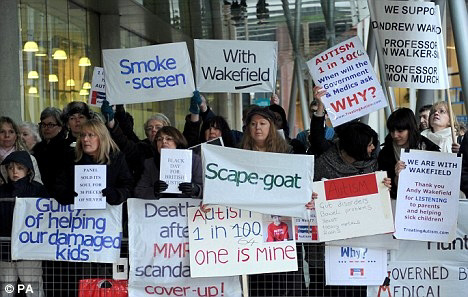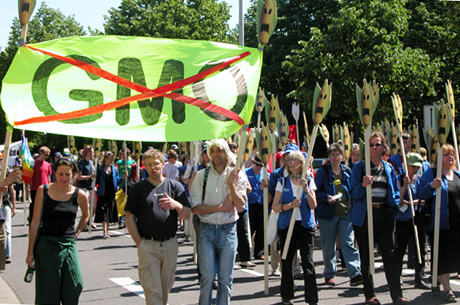 |
||
| ABOUT |
|
CONTACT |
|
| ||
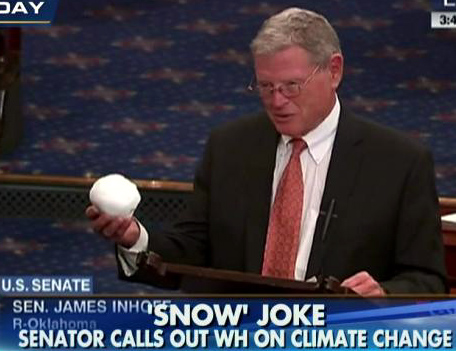
|
Targeting Misinformation is a project with online resources to help science teachers teach science media literacy. |
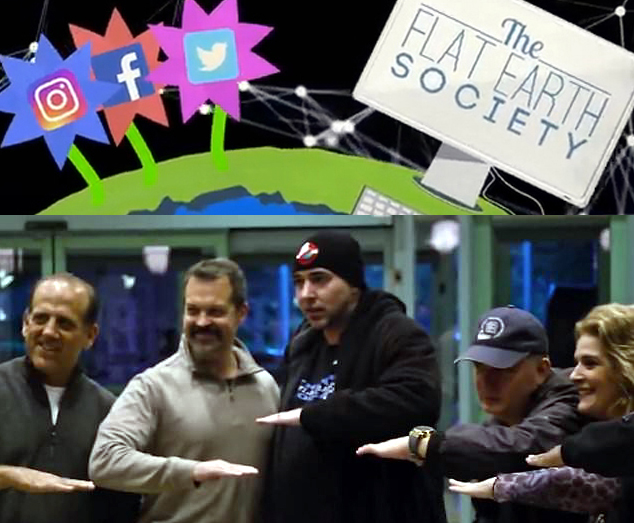
|
| TEACHING RESOURCES |
|
Overview & NGSS Benchmarks -- What do students need to learn about "obtaining, evaluating and communicating information"? Here are 10 basic competencies. |
|
|
From Evidence to Sources -- It's a major shift from assessing evidence and arguments to assessing sources of information and their credibility -- but not so strange to the seasoned educator. It's still all about how we know what we know, but now guided by understanding the social structure of trust. | |
|
|
Handouts -- summary sheets for students | |
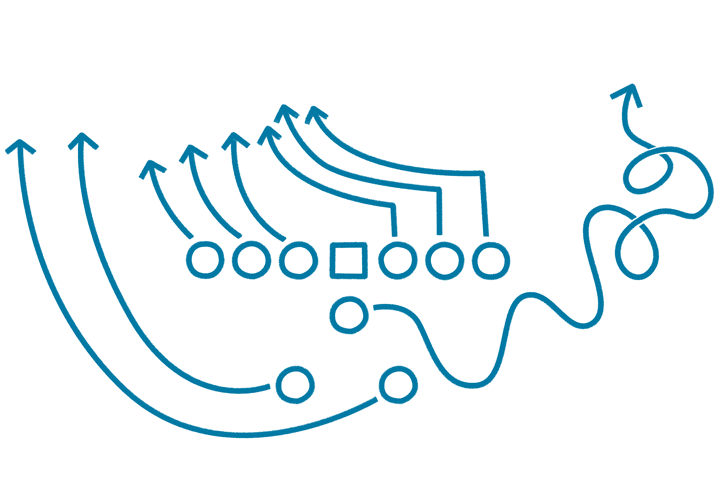 |
Other Online Resources & Activities -- Find other available activities and lessons. | |
 |
Library -- Sources referenced on this website. | |
|
ORIENTATION |
||
|
|
Fantastic Beasts (Renaissance Edition) -- a teaser based on images of exotic animals and "monstrous" humans -- some real, some not | |
|
|
Fantastic Beasts (AI Edition) -- a guessing game based on images of incredible animals-- some real, some not | |
|
|
Fact-Checking 101 -- the basics of checking sources, in a "fast-and-frugal" way | |
|
|
Fact-Checking 102 -- beyond the basics -- delving into the concepts of conflict of interest, trust, multiple sources, expertise and consensus | |
|
CREDIBILITY |
||
|
|
The Vaccine Skeptics of 1721 -- Revisit the origins of smallpox variolation in Europe, and associated doubts. What scientific claims and sources would you trust? | |
|
|
The New Madrid Earthquake of 1990 -- a prediction of devastation that never came true -- but why did residents believe the non-expert? | |
|
|
The Covid Conundrum -- revisiting the pandemic to reassess the credibility of claims made historically, now clearly false | |
|
|
The Noisy Response to Silent Spring, 1963 -- revisit the environmental landmark and examine the book reviews at the time, to help unravel the disinformation playbook | |
|
EXPERTISE |
||
|
|
Inquiry into Expertise -- Who is a scientific expert worth trusting? What, indeed, is expertise? | |
|
|
Who's the Expert? -- a guessing game based on interpreting expert credentials | |
|
|
Institutional Tour -- Learn about the major U.S. organizations and agencies supporting science. | |
|
|
When Experts Disagree -- What do you do when there is no scientific consensus to rely on? | |
|
DECEPTIVE TACTICS |
|
The Plausibility Trap -- It's easy to be fooled -- here's how. So, learn to trust the experts. |
|
|
Science Liars Game -- Have some fun trying to persuade classmates of bogus science news stories -- to learn about deceptive strategies. | |
| | ||
| The Editor is veteran science educator Douglas Allchin, with over 30 years of classroom experience and a Ph.D. in history and philosophy of science. He is author of Teaching the Nature of Science (2013), Sacred Bovines (2017), co-editor of An Introudction to the History of Science in Non-Western Traditions (1999), and recipient of the Hazen Prize from the History of Science Society. | 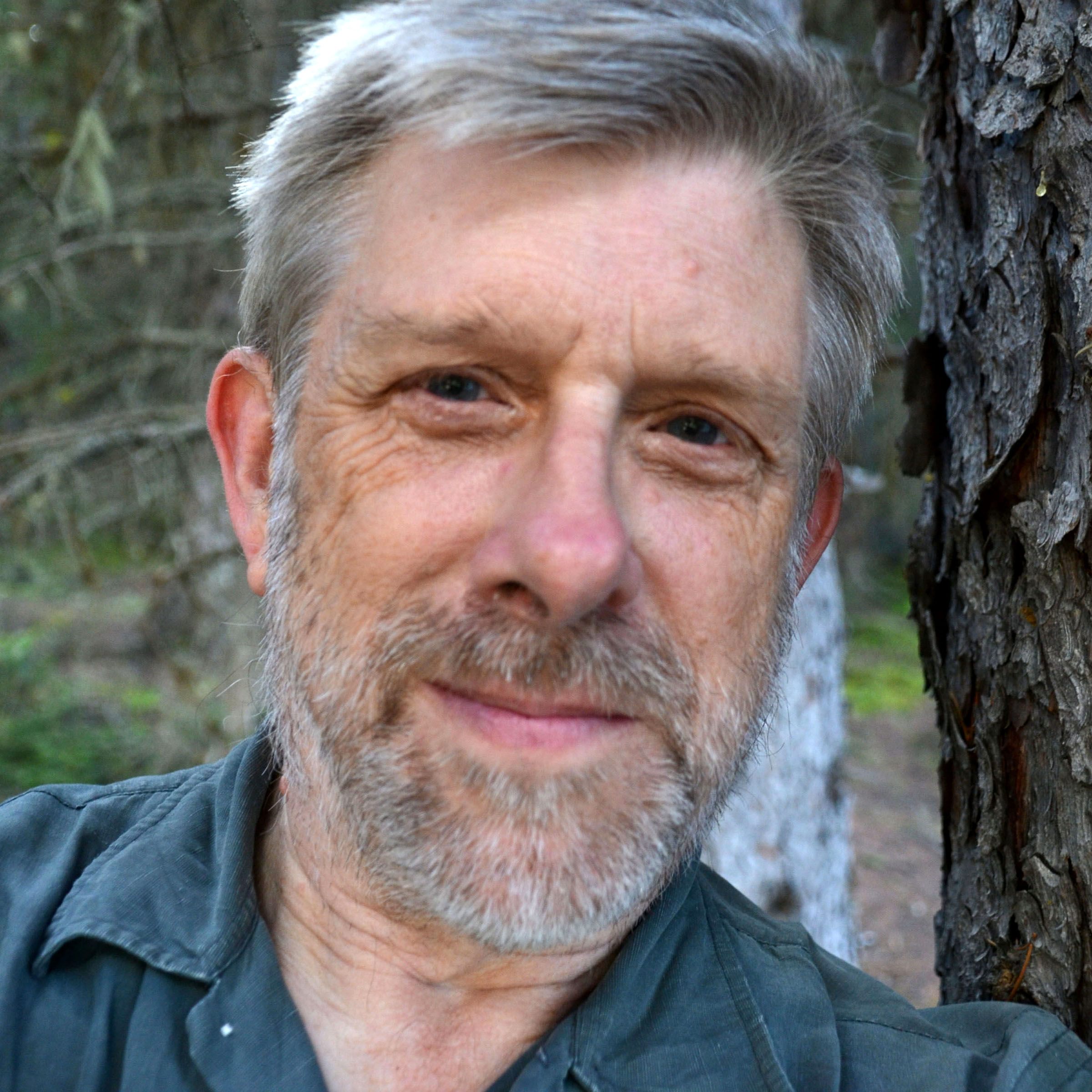 | |
